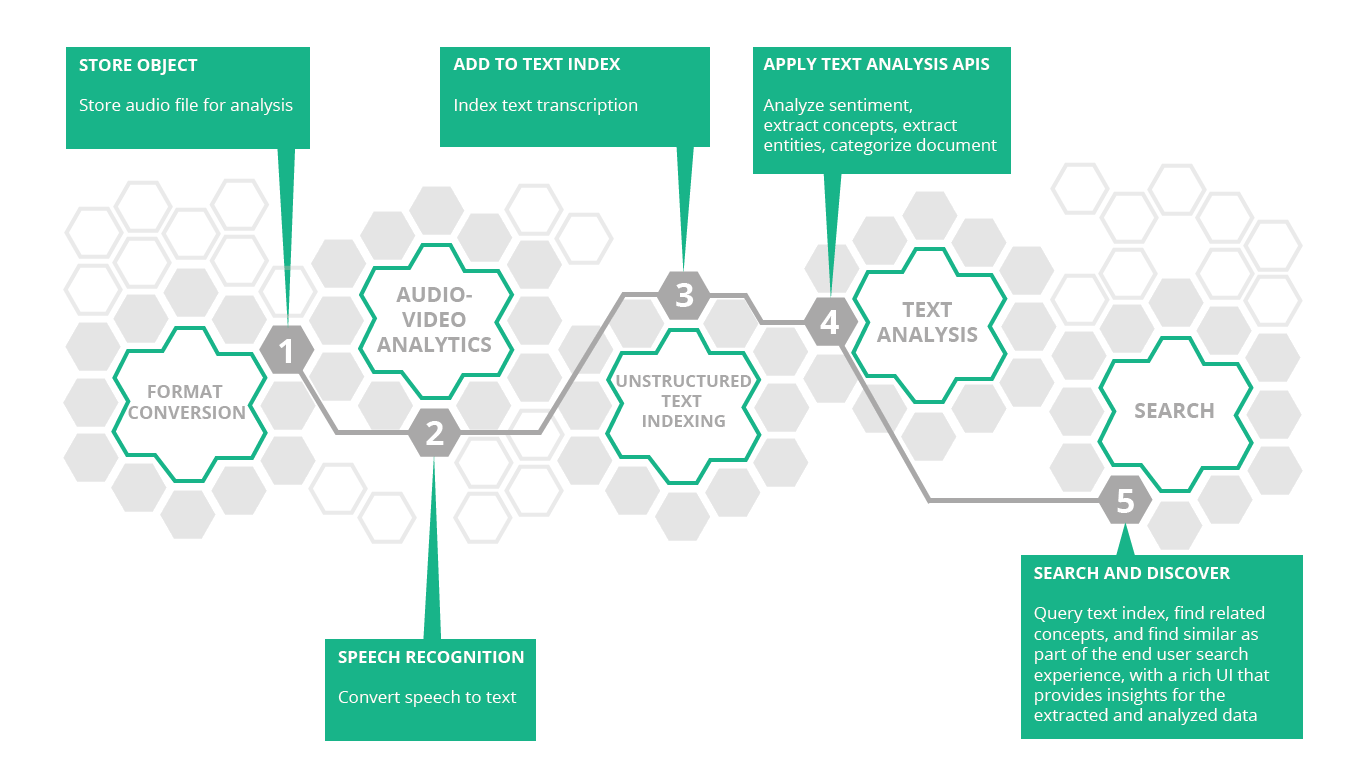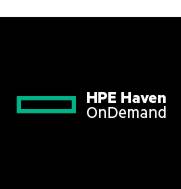| Haven OnDemand Offers Machine Learning As A Service |
| Written by Nikos Vaggalis |
| Thursday, 24 March 2016 |
|
Hewlett Packard Enterprise's already established IDOL OnDemand platform has been rebranded to signify its new dynamicity in providing a wider variety of API's that expose machine learning as a service. The underlying notion is that applications, cloud based or otherwise, are not monolithic; they typically rely on the seamless cooperation between a wide variety of components. In the case of PaaS, these components take the shape of API's. As cloud based applications become cleverer and more complex, working with just one dedicated API isn't enough anymore as the application is expected to cover many and versatile aspects Haven OnDemand steps into this market by providing a large number (60+) of self contained API's which can be further integrated into workflows where one API's output can become the next one's input, forming a virtual pipeline that simulates more complex logic.
The Speech recognition API can extract information from audio and video that can subsequently be fed into the Concept Extraction API, which in turn will return the concept, context and summary of the of things talked about in the audio or video file This also serves as a prime example of component composition, in the form of the API's, since the Concept Extraction API can be also be called and utilized from other API's like the Text Analysis one.
To start using the Search API you have to create an Index of information or use one from a number of public text Indexes like Wikipedia. Then you can start performing searches on them through the Query Text Index API by building queries using natural language text, keywords, and Boolean expressions. Its potential can be maximized by combining it with the Find Related Concepts,the Find Similar, or the Text Tokenization APIs. For a full example you can look at Using Haven to Index and Search documents (with live example and code base). Since the Search facility is expected to be one of the most widely used APIs, it has been also instantiated as a separate entity, taking shape as the Search OnDemand platform, which utilizes HPE's API's to their full extend,satisfying requirements such as searching within different data types or connecting to heterogeneous services like Dropbox or Sharepoint through the Webconnectors APIs. The full set of API's is available here.
More InformationRelated ArticlesGoogle Gears Up To Sell AI Vision MIcrosoft's Project Oxford AI APIs For The REST Of Us How Old - Fun, Wrong, Potentially Risky?
To be informed about new articles on I Programmer, sign up for our weekly newsletter,subscribe to the RSS feed and follow us on, Twitter, Facebook, Google+ or Linkedin.
Comments
or email your comment to: comments@i-programmer.info |
| Last Updated ( Thursday, 24 March 2016 ) |



